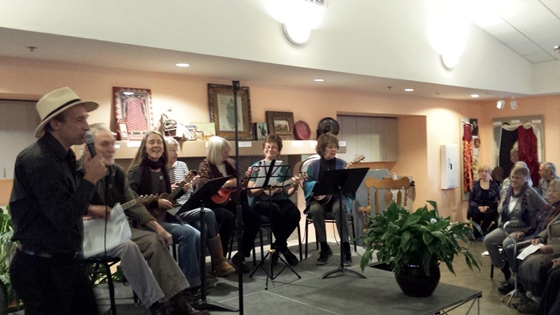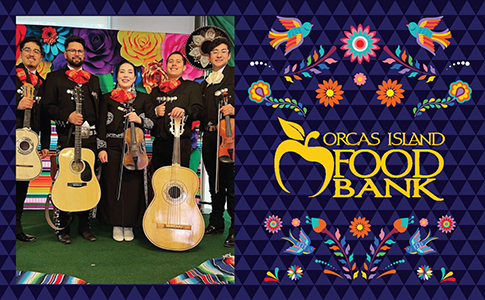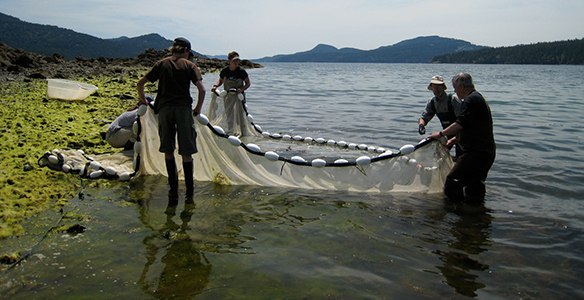||| BY LIN MCNULTY, EDITOR |||
If, like me, you are, to put it mildly, puzzled, alarmed, or even frightened by recent societal divisions, you may find some insight in this recent CBSN conversation with Arie Kruglanski, a distinguished professor of psychology at the University of Maryland, to discuss the mentality behind the growing rise in extremism and the historic relationship between pandemics and radical ideas.
It’s apparent, for anyone following a modicum of national news, that violence, extremism, and radicalization are on the rise in America. The discomfort level seems to be all pervading, with some experts warning that it’s the pandemic stay-at-home orders that are fueling this spark in radicalization.
Kruglanski brings the incidence of fear of powerlessness in the 1918 flu epidemic to the forefront to illustrate the common nexxus of history and the present. The feelings of being left behind, the loss of significance are the breeding grounds in which these dynamics prosper. Add the internet and social media to this mix and we are provided with the potential of unlimited sharp turns in political beliefs, gathering unrest, and violence. On the internet, it is possible to find others who share your ideology and will welcome all in-kind fellow travelers, and the feeding frenzy takes hold with a new found “safety in numbers.”
I do find comfort in knowing that there are historical similarities, in knowing that we’ve been here before, and in knowing that we survived. I am also painfully aware that there is much to be done to repair our shared psyche.









Lin,
Thank you so much for posting this video. Very informative!
“The first thing that needs to be done is to cool the rhetoric and reduce vindictiveness in all shapes and forms,” says Kruglanski. -Newsweek
Fascinating man.The psychology is interesting… yes;… and chilling – in regard to white supremacism.
Here’s a historical recap of some of the biggest plagues and pandemics: looks like they cite war and mass migration of people as major causes of both. Wars cause mass deforestation as well, so that’s a major factor.
https://origins.osu.edu/article/pandemics-history-covid-plague-cholera-influenza-hiv
And a more modern and much more chilling article on deforestation, pandemics, and now little forest worldwide is left. We must plant billions of trees – if we did that in 2021 and kept them alive and rebuilt forests, all of this may not have to happen, including complete and total extinction:
https://medium.com/insurge-intelligence/this-is-how-we-end-deforestation-to-avert-pandemic-climate-and-societal-collapse-98eb40646eab
and another: a little more hopeful if we get busy planting billions of trees:
https://www.pri.org/stories/2020-08-12/slowing-deforestation-could-save-humanity-next-pandemic